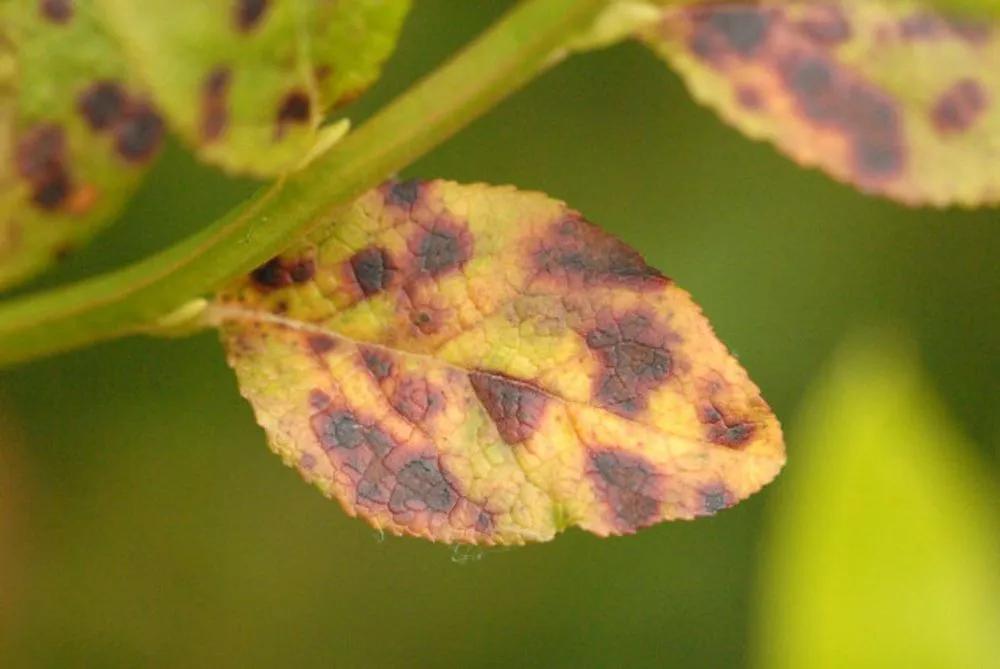Sclerotiniaceae is a family of necrotrophic fungi that comprises many species, with many being plant pathogens. One common disease caused by these fungi is Sclerotinia disease, caused by several species, mainly by Sclerotinia sclerotiorum. This disease affects various species of vegetables and ornamental plants, especially those with hollow stems, like Dahlia, Delphinium and Helianthus, and other related daises. They usually proliferate more in summer and early fall since infections occur when temperatures shift, allowing the seed-like structures they release to germinate and spread spores.
These spores will then land on leaves and, in humid conditions, carry with infecting the plants. If conditions are favorable, this fungal pathogen can be highly destructive, causing major losses in ornamental industry and agriculture, where lettuce and sunflowers are the most affected. These fungi survive long periods in soil and are spread throughout most continents, with a wide range of hosts.



